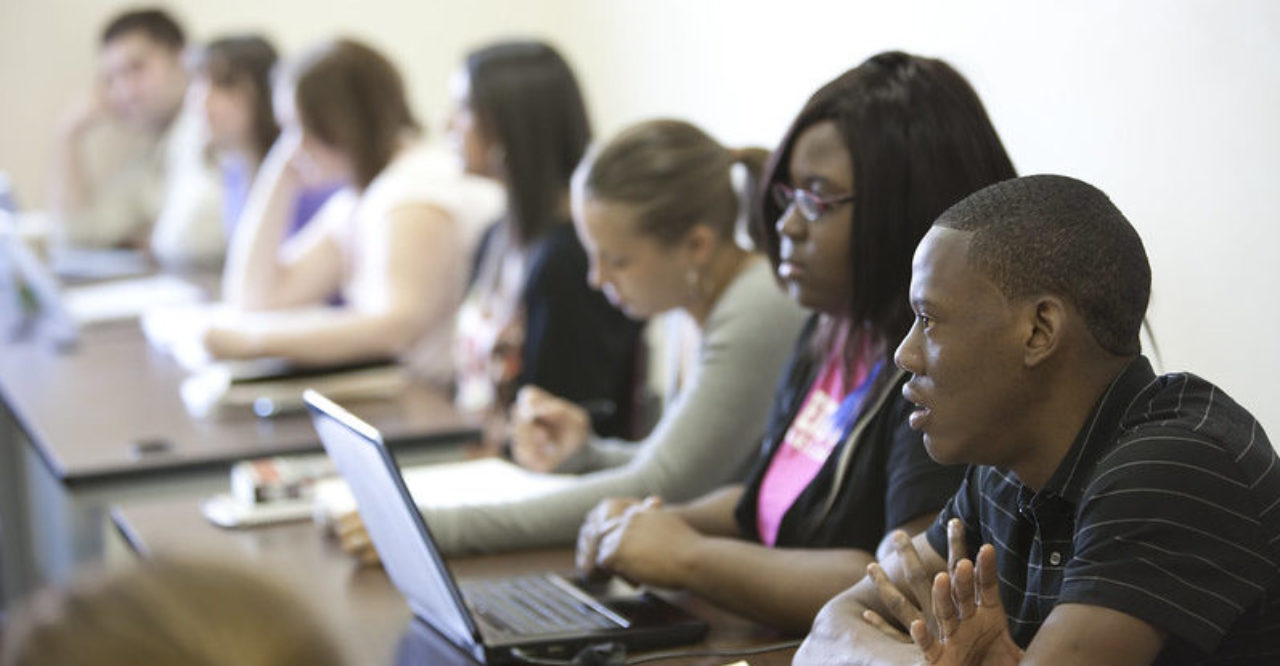African-American Studies Minor

The minor in African-American studies exposes students to a program of study concerning African-American culture, life, and history in the United States. By exposing students to an interdisciplinary study of African Americans (encompassing history, sociology, literature, cinema, and anthropology), the minor is intended to educate students on how African-Americans helped shape American history and culture and continue to transform it today. The minor also emphasizes the relevance of Africa in understanding the attitudes, circumstances, and experiences of African-Americans. The core course, AFAM 1100 Introduction to African-American Studies, will ground students in the fundamentals of interdisciplinary study. In the electives, the students will learn that the African-American experience is not only an integral part of the United States experience but also integral to understanding the world at large.
Required Course (3 credits)
- AFAM 1100 Introduction to African-American Studies
Select Elective Courses (12 credits)
Choose four 3-credit courses below to include at least one course from history and another from literature to fulfill the minor requirement. Note: One of the following courses must be at the 3000-level or above.
Cinema
Criminology and Criminal Justice
- CMLGY 1201 Intro Sociology
- CMLGY 3307 Civil Liberties and Civil Rights
- CRIM 1112 Race/Gender/Crime Justice System
- CRIM 2203 Crime and Inequality
History
- HIST 2346 Birth of Modern America: 1877-1929 (deals with post-emancipation and rise of Jim Crow)
- HIST 2348 American in Age of Reform: 1929-1968 (deals with Civil Rights and end of Jim Crow)
- HIST 2352 Civil War and Reconstruction
- HIST 3102 Race in America
Literature
- LITS 3013 African American Literature
- LITS 3202 American Writers: Race in Black and White
- LITS 3203 Contemporary Black Literature
Sociology
Related Elective Courses (3 credits)
Students can take a 3-credit Related Elective Course option to replace one Select Elective Course to acquire 15 credits.
Choose any one of the 3-credit courses below:
- ANTH 2335 Peoples & Culture
- COMM 2866 Women and Minorities in Media
- HIST 2202 Intro to African History
- HIST 2203 Modern African History
- HIST 4205 Seminar: Race and Empire
- HUMN 2443 African American Literature
- HUMN/PHIL 3307 Slavery and Global Ethics
- LITS 3071 Contemporary African Lit & Culture
- LITS 3323 Colonial & Postcolonial Lit
- LITS 3324 Caribbean Literature
- LITS 3330 The Age of Discovery in World Perspective
- LITS 3331 Multicultural Voices in America
- PHIL 2321 African Philosophy
Note: With the approval of the African American Studies Minor’s professor, a student minoring in African American Studies can take a three-credit course not mentioned in the Related Elective Course list if the course has a significant African American component.